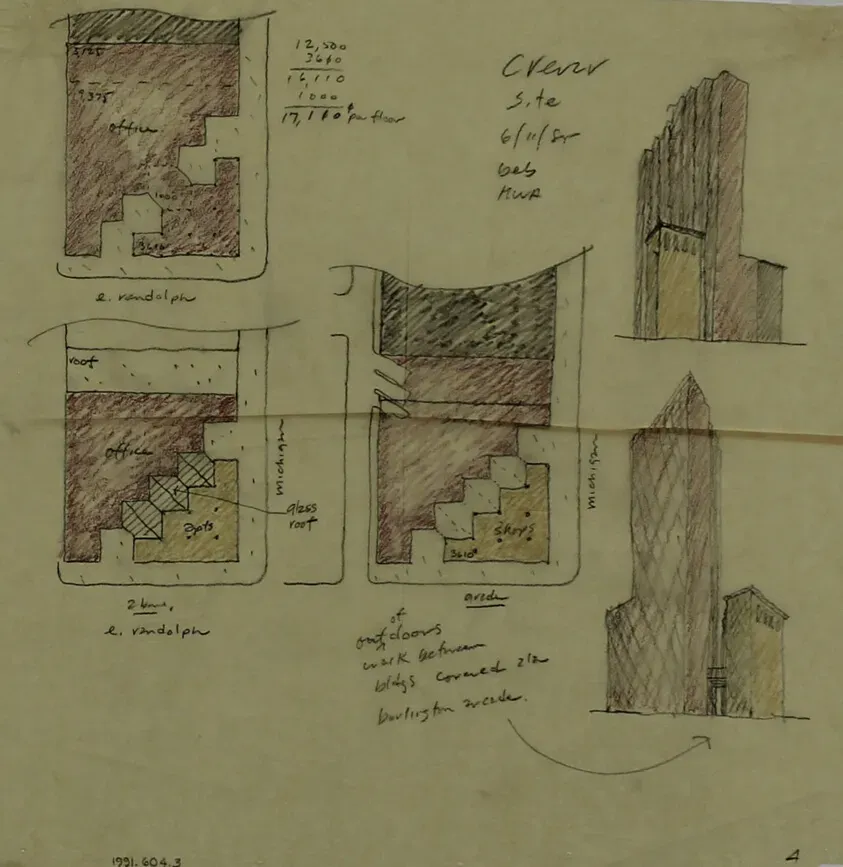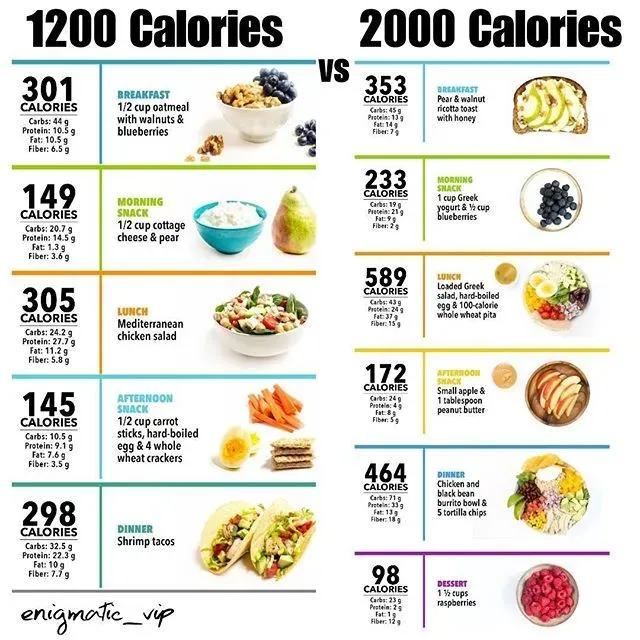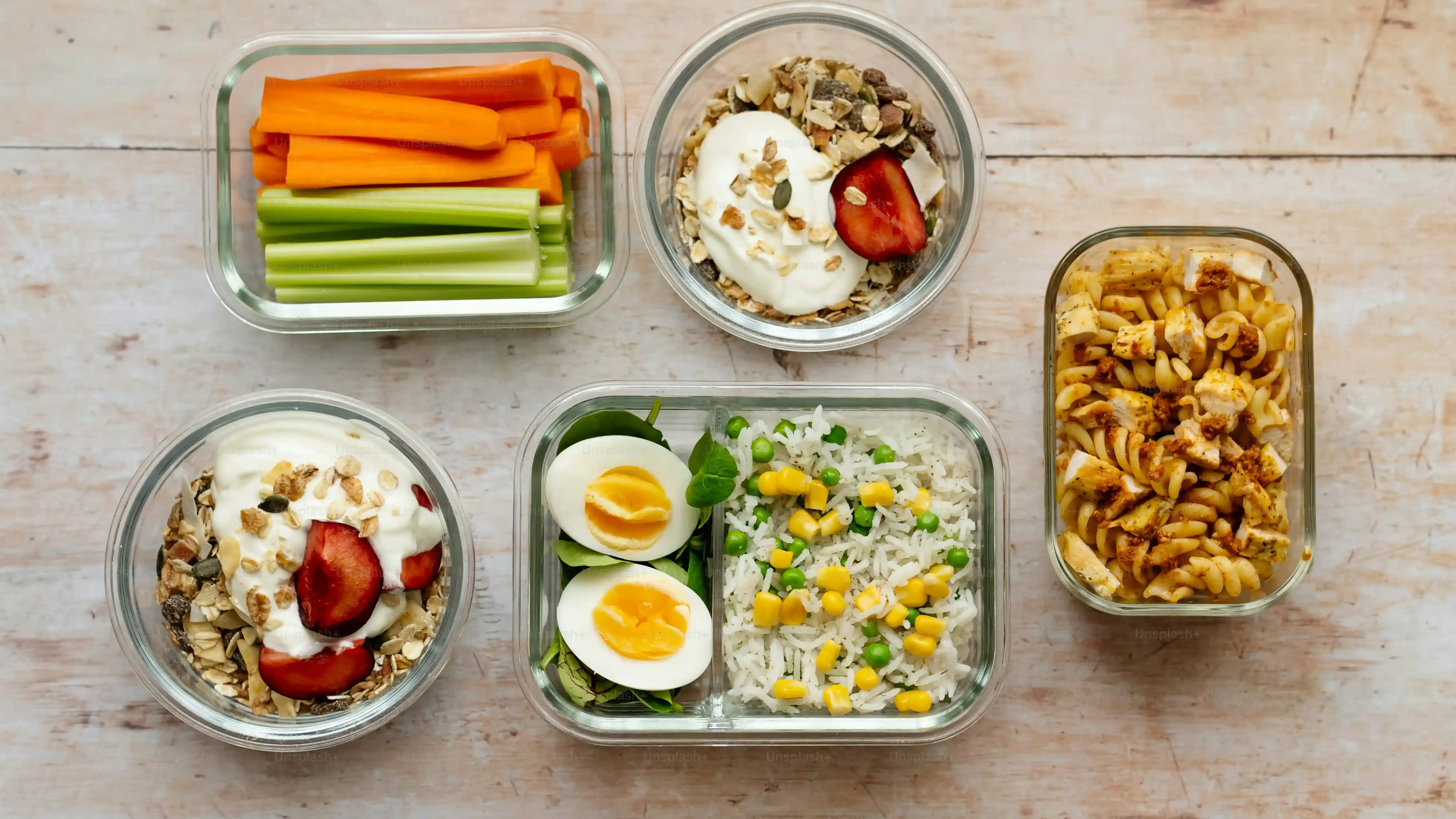Table of Contents
Feeling lost staring into the fridge, wondering what exactly a healthy day of eating looks like? Maybe you've heard "2000 calories" tossed around, but piecing together actual meals that hit that number *and* provide decent nutrition feels like assembling IKEA furniture blindfolded. It's easy to get overwhelmed by conflicting advice and the sheer volume of food options out there. You just want a straightforward way to fuel your body without feeling deprived or eating plain chicken and broccoli every single day. That's where a healthy meal plan for 2000 calories comes in, acting less like a rigid diet and more like a helpful roadmap.
Why a Healthy Meal Plan for 2000 Calories Matters

Why a Healthy Meal Plan for 2000 Calories Matters
It's a Common Benchmark, Not a Magic Number
Look, the number 2000 calories gets thrown around everywhere, from food labels to general health advice. It’s become this default figure, almost like a nutritional placeholder. But why? For a lot of average adults – think reasonably active women or less active men – it serves as a decent starting point for maintaining weight. It’s not a one-size-fits-all decree carved in stone, and your mileage may absolutely vary based on your age, sex, activity level, and whether you're trying to gain, lose, or maintain. Yet, understanding how to build a healthy meal plan for 2000 calories gives you a solid framework. It's like learning basic carpentry before building a mansion; you grasp the fundamentals of putting pieces together in a sensible way.
Beyond Just Hitting a Number: Quality Over Quantity
Hitting 2000 calories is easy. You could do it with a few donuts, a large soda, and a bag of chips. Congratulations, you met the number. But your body would likely revolt, feeling sluggish and missing essential nutrients. The *healthy* part of a healthy meal plan for 2000 calories is non-negotiable. It’s about fueling your body efficiently, providing the vitamins, minerals, fiber, and macronutrients it needs to actually function well, not just survive. A well-structured 2000-calorie plan built on whole foods can help manage energy levels, support mood, improve digestion, and lower the risk of chronic diseases. It’s the difference between filling your car with premium fuel versus putting sugar in the gas tank. Both fill it up, but only one gets you where you need to go without a tow truck.
- Provides a practical starting point for many adults.
- Acts as a baseline for understanding portion sizes.
- Highlights the importance of nutrient density within a calorie goal.
- Supports consistent energy levels throughout the day.
- Forms a foundation for weight management goals.
Building Blocks of a Healthy 2000 Calorie Meal Plan
Alright, so you understand why aiming for a healthy meal plan for 2000 calories is a solid move for many. Now, let's talk about what actually *goes* into it. Think of your 2000 calories not just as a number, but as a budget for nutrients. You want to spend those calories wisely on foods that give you the most bang for your buck in terms of vitamins, minerals, and sustained energy. We're talking about building your plate with a good mix of protein to keep you full and repair tissues, complex carbohydrates for steady fuel, healthy fats for hormone function and absorption of vitamins, and plenty of fiber from fruits, vegetables, and whole grains to keep things moving and help control blood sugar. Skimping on any of these is like trying to build a sturdy house with missing pieces – it just won't hold up.
Sample Day: What a Healthy Meal Plan for 2000 Calories Looks Like

Sample Day: What a Healthy Meal Plan for 2000 Calories Looks Like
Morning Fuel and Midday Balance
let's get concrete. Building a healthy meal plan for 2000 calories isn't just about randomly grabbing food until you hit the number. It's about structure and making smart choices throughout the day. Think about starting strong. For breakfast, skip the sugary cereal that leaves you crashing an hour later. Maybe a cup of Greek yogurt with a handful of berries and a sprinkle of nuts? Add a slice of whole-wheat toast with a thin layer of avocado. That’s your protein, healthy fat, fiber, and antioxidants right there, probably clocking in around 350-400 calories. Keeps you full, keeps you focused. Lunch? Forget the sad desk salad with watery dressing. Aim for something substantial. A large salad loaded with mixed greens, grilled chicken or beans, a variety of colorful vegetables, and a tablespoon or two of olive oil and vinegar. Pair it with a small whole-grain roll or a side of quinoa. This could easily be 450-550 calories, providing sustained energy for the afternoon slump you usually fight.
Evening Meals and Smart Snacks
Moving into the evening in your healthy meal plan for 2000 calories, dinner should be satisfying but not a gut-buster. A good template is a lean protein source – like baked salmon, chicken breast, or lentils – a generous portion of non-starchy vegetables (broccoli, spinach, bell peppers), and a moderate serving of a complex carbohydrate like sweet potato or brown rice. This kind of meal is typically in the 500-600 calorie range. Now, you've got calories left for snacks. This is where people often go wrong, reaching for chips or candy. Smart snacks support your goals, they don't derail them. Think an apple with a tablespoon of peanut butter, a small handful of almonds, or some carrot sticks with hummus. These add another 200-300 calories, bringing your daily total comfortably into that 2000-calorie ballpark while keeping nutrient density high. See? It's not rocket science, just consistent, sensible choices.
- **Breakfast:** Greek yogurt, berries, nuts, whole-wheat toast, avocado (approx. 350-400 calories)
- **Lunch:** Large salad with protein and veggies, whole-grain roll or quinoa (approx. 450-550 calories)
- **Dinner:** Lean protein, non-starchy vegetables, complex carbohydrate (approx. 500-600 calories)
- **Snacks:** Fruit with nut butter, nuts, veggies with hummus (approx. 200-300 calories)
- **Total:** Roughly 1500-1850 calories, leaving room for beverages, a small treat, or slightly larger portions based on individual needs.
Making Your 2000 Calorie Plan Stick: Tips and Tricks

Making Your 2000 Calorie Plan Stick: Tips and Tricks
Meal Prep: Your Future Self Will Thank You
Let’s be real: sticking to a healthy meal plan for 2000 calories sounds great on paper, but life happens. You have late nights, unexpected meetings, or just zero energy to cook after a long day. This is where meal prepping isn't just a trendy buzzword; it's a survival strategy. Spending an hour or two on a Sunday chopping veggies, cooking a batch of grains, and pre-portioning proteins means you have healthy options ready to go when hunger strikes and motivation is low. No more staring into the pantry abyss, only to emerge with a box of questionable crackers. It takes the decision-making out of busy moments, making it significantly easier to stay on track with your healthy meal plan for 2000 calories throughout the week.
Don't Aim for Perfection (Because It Doesn't Exist)
Thinking you have to follow your healthy meal plan for 2000 calories perfectly, every single day, forever, is a surefire way to quit by Tuesday. Life isn't a perfectly calibrated machine. You'll have days where you go over, days where you eat out, days where the planned chicken breast gets replaced by spontaneous pizza. That's not failure; that's living. The key is consistency over perfection. One "off" meal or even an "off" day doesn't torpedo your entire effort. Just acknowledge it, enjoy it if it was worth it (and learn from it if it wasn't), and get back to your plan at the next meal. It's about building sustainable habits, not adhering to an ascetic dietary dogma.
- **Plan Ahead:** Map out your meals and snacks for the week.
- **Prep Smart:** Wash and chop produce, cook grains, and portion proteins in advance.
- **Stay Hydrated:** Sometimes hunger is just thirst in disguise. Drink water!
- **Manage Stress:** Stress eating is real; find non-food coping mechanisms.
- **Be Flexible:** Allow for occasional deviations without guilt.
- **Track (Initially):** Briefly logging food can reveal hidden calorie culprits.
Listen to Your Body (It's Smarter Than an App)
While a healthy meal plan for 2000 calories provides a solid template, your body has its own signals. Pay attention to genuine hunger cues versus boredom or emotional eating. Are you truly hungry, or just stressed? Does that meal actually make you feel energized, or does it leave you sluggish? Learning to interpret these signals helps you adjust your plan in real-time. Maybe you need a bit more protein on a particularly active day, or perhaps you didn't sleep well and your body is craving quick energy (usually code for "sugar"). A rigid plan that ignores your body's needs is hard to follow long-term. Use the 2000-calorie framework as a guide, but let your physical sensations inform the details. It's less about being a robot hitting a number and more about building a responsive, healthy relationship with food.
Making Your 2000 Calories Work for You
So, there it is – not a rigid decree from on high, but a framework for building a healthy meal plan for 2000 calories. It’s less about hitting a perfect number every second of every day and more about consistently making choices that nourish your body and keep you feeling good. Think of this plan as a starting point, a helpful guide in a world full of confusing food noise. Adjust it, tweak it, and make it your own. The goal isn't perfection, it's progress – finding a sustainable way to eat well that fits into your actual life, not some idealized version of it.